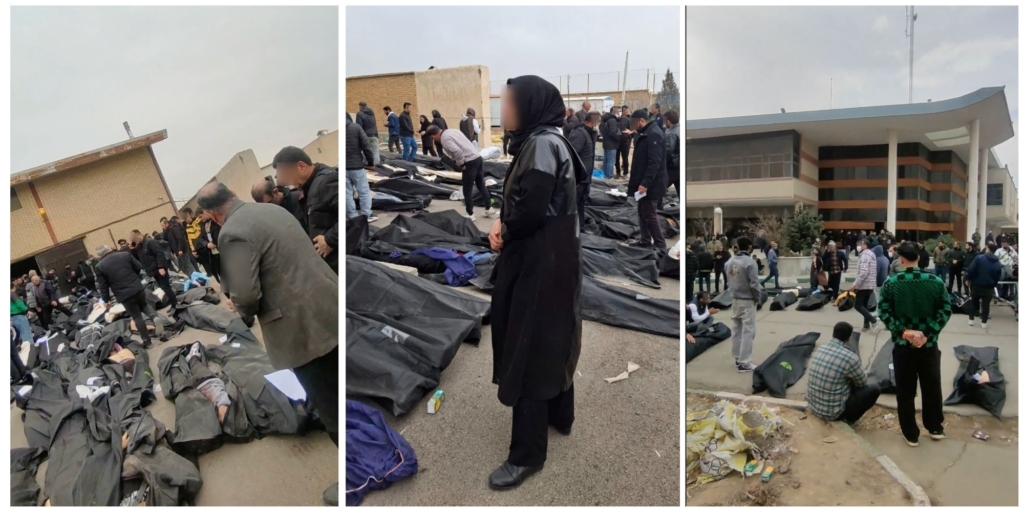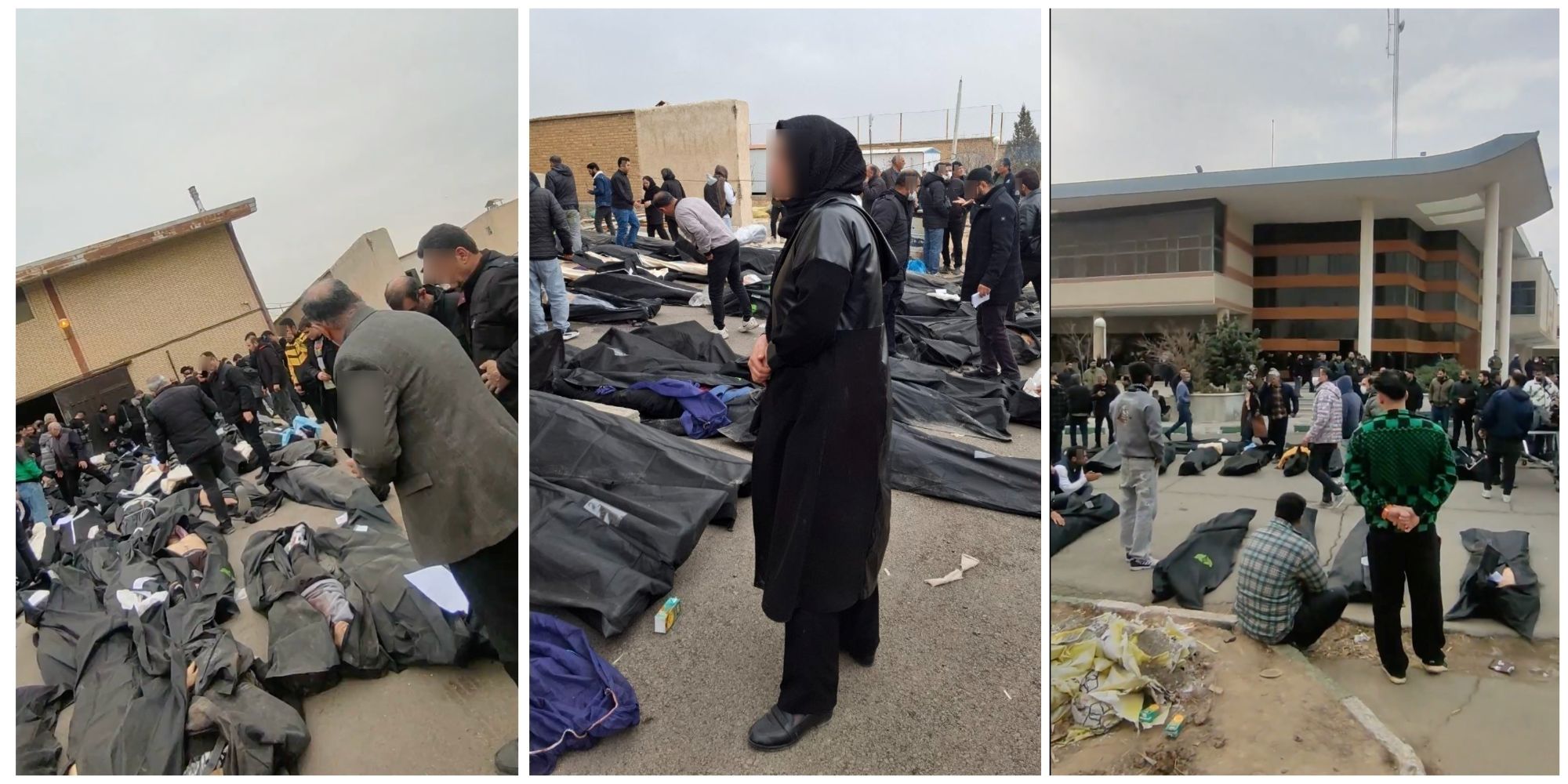By William Nee, China Researcher at Amnesty International. On twitter @williamnee
26 years have passed since the tragic days in 1989 when thousands of peaceful pro-democracy protesters were brutally repressed in and around Beijing’s Tiananmen Square.
But even though the tanks have long left the city’s infamous square, President Xi Jinping, appears as determined to quash anyone perceived as challenging the Communist Party’s hegemony.
We are witnessing one of the darkest periods for freedom of expression in China since the bloodshed of 1989.
Gao Yu, a veteran Chinese journalist currently languishing in a Beijing jail, is one of the many dissenting voices who has suffered the arbitrary power of the Chinese state for decades. In April, after an unfair trial, she was sentenced to seven years in prison on the spurious charge of “disclosing state secrets.” She was first declared a “public enemy” by Communist Party officials in the late 1980s, when she was deputy editor-in-chief of pro-reform newspaper Economics Weekly.
In the spring of 1989, when hundreds of thousands of students and workers took to the streets in Beijing and across China, in one of the largest pro-democracy movements in history, Economics Weekly ran a series of articles urging the government to heed the protesters’ calls for reform.
The powers that be did not take kindly to such stories, and swiftly shut the paper down. Gao Yu was detained by police on 3 June 1989.
Later that evening, the tanks rolled into Tiananmen Square. Hundreds, perhaps thousands of people, were killed or injured as the army brutally quashed the pro-democracy protests.
Today, China’s leaders persist with playing politics with the past, attempting to whitewash the truth of the 4 June 1989 bloodshed. The authorities still prevent the relatives of those killed during the Tiananmen crackdown from grieving publicly. Parents’ calls for truth, compensation, and accountability fall on deaf ears.
Gao Yu, spent 15 months in prison following the Tiananmen crackdown. In the 1990s, she spent a further six years in jail, again after being convicted of disclosing “state secrets”. Then, like now, Amnesty declared her a prisoner of conscience and called for her immediate and unconditional release.
The authorities fear the power of her pen. She is repeatedly punished for her commitment to report the facts and disclose the truth.
This time, Gao Yu is accused of leaking an internal Communist Party ideological paper, known as Document No. 9, a charge she vehemently denies.
Freedom of the press and “universal values”, such as democracy and human rights, come under severe attack in Document No. 9. It lays out an Orwellian vision for the control of history, with any interpretation that differs from the Communist Party’s, including what happened in June 1989, deemed to be a threat to the Party’s legitimacy.
This is the chilling reality. Anyone that dares to deviate from the Communist Party script is severely punished.
Far from relenting, the government has introduced a whole swathe of regressive and vaguely worded “national security” legislation, in a further attempt to consolidate control.
Pu Zhiqiang, an eminent human rights lawyers, faces up to 10 years in jail on charges of “inciting ethnic hatred” and “picking quarrels and provoking troubles”. He has defended individuals in some of the most sensitive human rights cases, and his prosecution reeks of political persecution. He was detained last May, after attending a seminar calling for an investigation into the bloody suppression of the 1989 protests.
Pu Zhiqiang was a law student back in the spring of 1989, and like so many of his peers, was on the streets of Beijing calling for reform.
There is a direct link from the calls made by protesters in Tiananmen Square in 1989 and those being made today. Most want to see incremental change within the current political system based on rights enshrined in China’s constitution.
China is unrecognizable compared to when the students took to the streets in 1989, with an economic transformation and remarkable progress in tackling poverty. Yet, when it comes to freely expressing views that may differ to the Communist Party, President Xi has turned back the clock.
On 4 June, as we remember and demand justice for, the victims of the 1989 Tiananmen crackdown, let us also demand freedom for Gao Yu and Pu Zhiqang, and the hundreds of other courageous activists that in the face of today’s repressive rule, refuse to let the Chinese Communist Party’s assault on human rights go unchallenged.






















